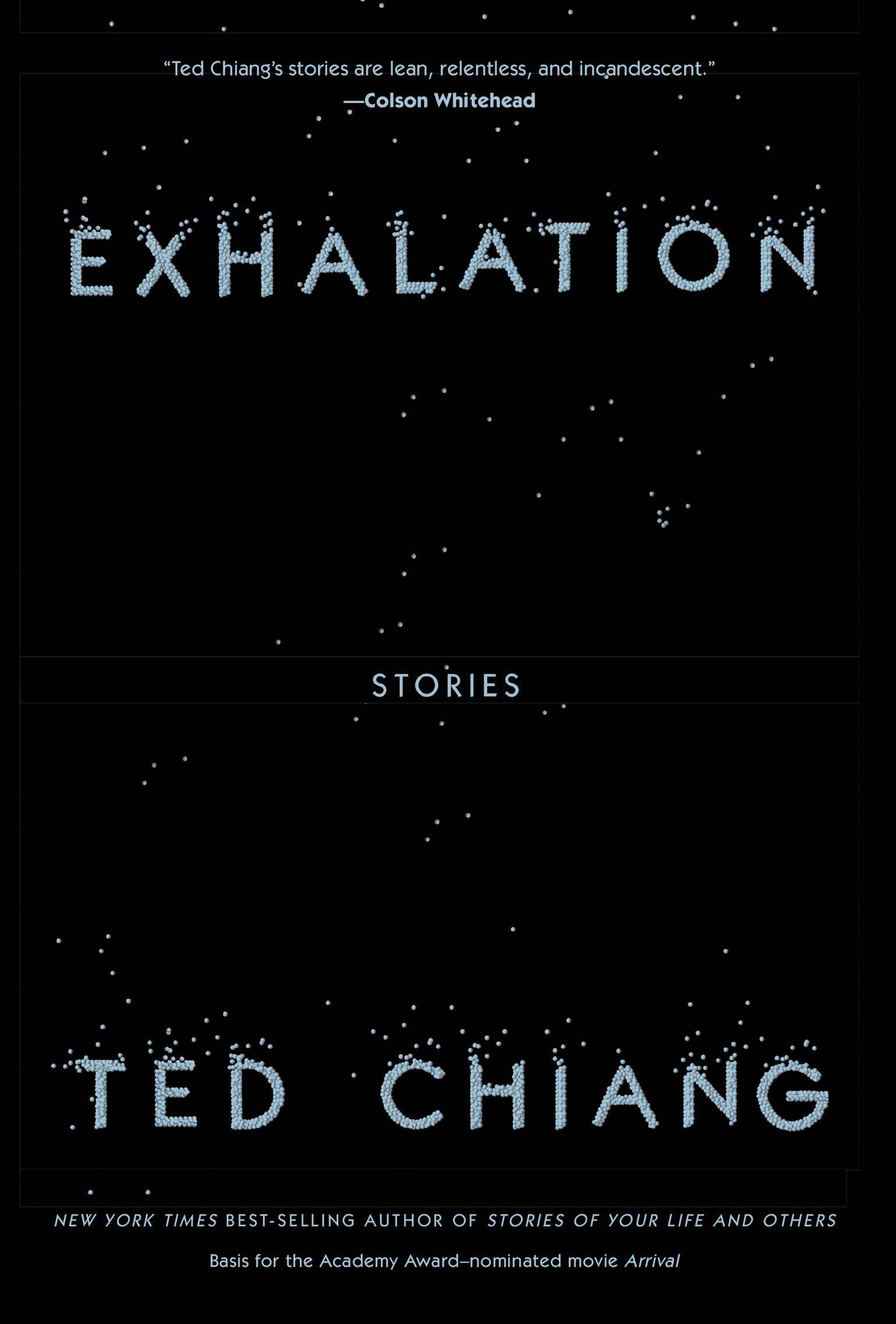“All the sick, broken people begin to glow.”
That’s in the first sentence of the first story in Kimberly King Parsons’s collection of short stories, Black Light.
The glowing is not exactly literal, but it’s not exactly not—Sheila has just started dating a med student, an “almost-doctor,” and her body issues are spiraling through thoughts of Tim’s endless contact with endless bodies. She can’t stop asking him questions about his work. She can’t imagine how he can’t see what she now sees, all these bodies bursting with light and disease and need.
She asks him how he can stand doing what he does. She asks him about “hot cadavers.” Even though the dead may not be a threat, exactly, their cool contours represent another way to have looked, another way to have lived.
What I love about the story has to do with a weirdness that seeps. The language is beautiful and strange and in no hurry—sometimes we just sit with Sheila while she watches a movie, rides the bus in circles, or gets plastered, starts lying, and gets more plastered.
Other stories, like the next one, “In Our Circle,” comet over a page and flare out, telling us in seven paragraphs all about a stay at the kind of institution that would employ an “art shrink,” and the feeling of the days after.
Then comes the forbidden, confounding relationship between two girls—rabble-rouser Bo (“I’ve seen strangers stop to watch her shake sugar into her tea”) and the narrator, who lives in a houseful of boys. “Every morning when I leave,” she says, “my mom says ‘Have fun’—the implication being that she can’t, so I might as well.”
Texas exerts a strange magic in these stories. Its characters struggle to find new ways of seeing the world, ways that could bring forth new worlds or merely provide new ways of understanding the traps they can’t escape. PLEASE READ
Black Light by Kimberly King Parsons, from Vintage




















